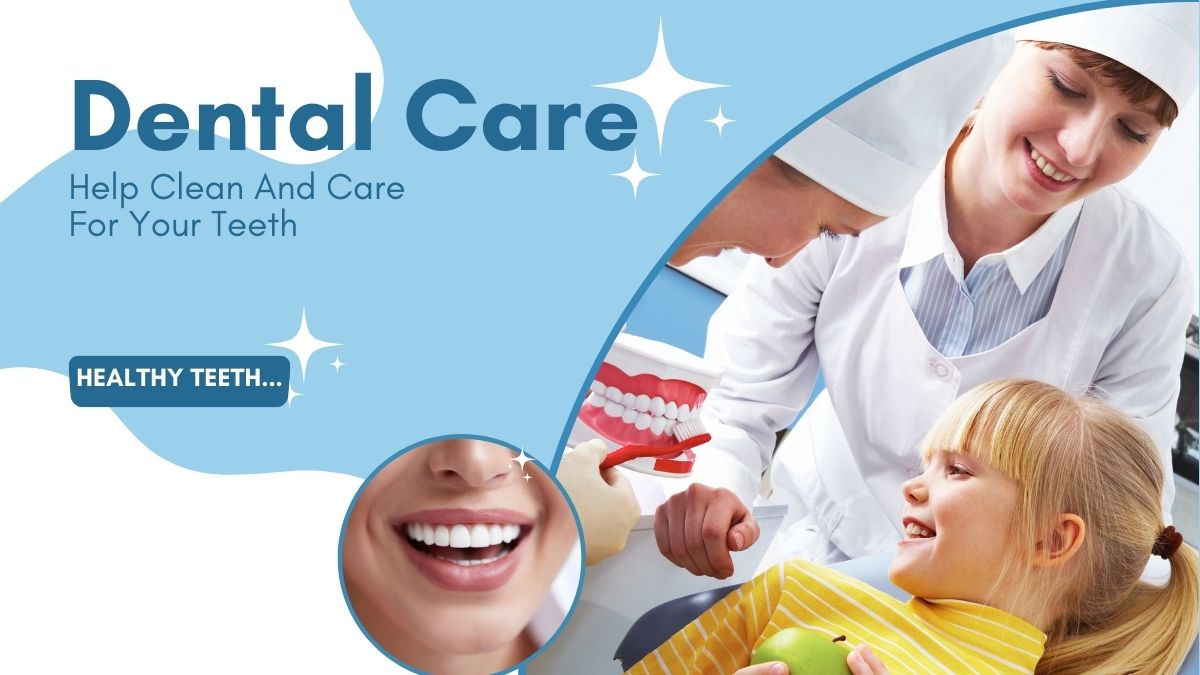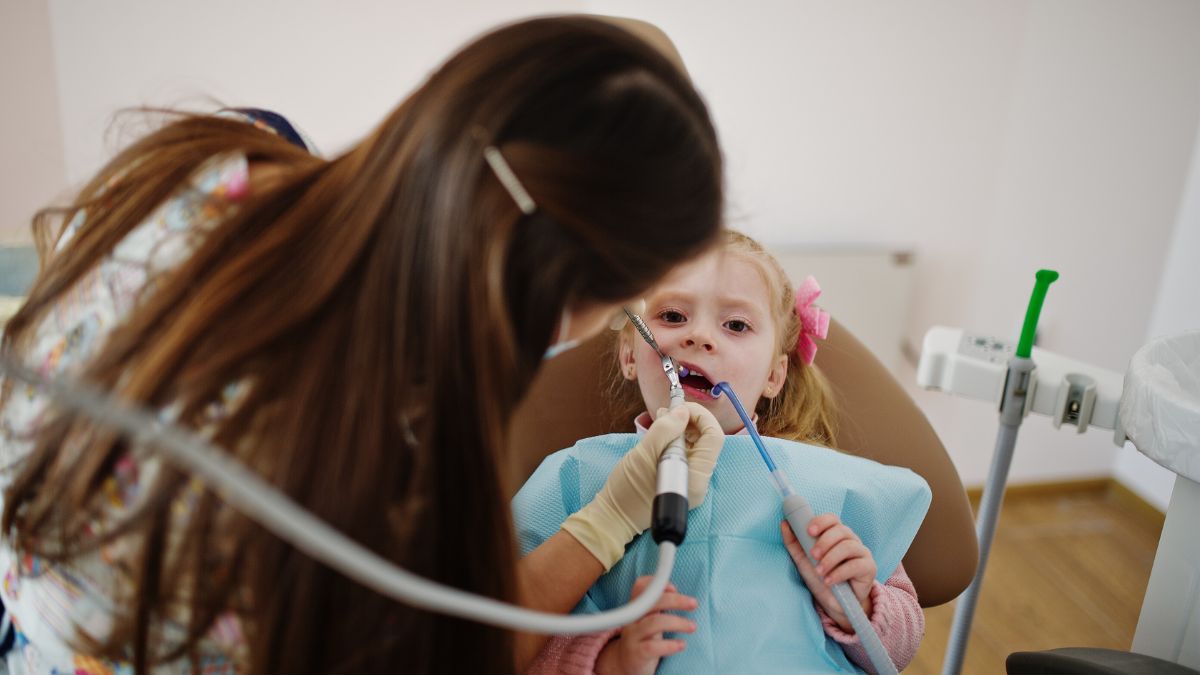- By Priyanka Munshi
- Sat, 20 Apr 2024 05:14 PM (IST)
- Source:JND
Did you know that dental care is crucial for infants to maintain healthy teeth and gums? It's essential to gently wipe your baby's gums with gauze or a soft cloth after feedings to prevent plaque buildup and bacterial accumulation, even before their first tooth emerges. Once your baby's first tooth erupts, typically around six months of age, begin brushing their teeth twice daily using a small, soft-bristled toothbrush designed for babies and a smear of fluoride toothpaste. This practice supports the development of healthy teeth and gums.
Additionally, refrain from giving your child a bottle to sleep in, as this may lead to infant bottle tooth decay caused by prolonged exposure to sugary drinks. In a conversation with Jagran English, Dr. Mandira Kamble, an M.D.S. in Conservative Dentistry and Endodontics at Medicover Hospitals in Navi Mumbai, discussed dental hygiene tips specifically for babies and toddlers.

Avoid giving infants a bottle to sleep in to prevent tooth decay from prolonged exposure to sugary drinks.(Image Credit: Canva)
Also Read:5 Reasons To Use Eucalyptus Oil For Good Health; Sore Throat And Flawless Skin
Why Is Proper Dental Hygiene Important For Babies And Toddlers?
Maintaining proper dental hygiene for babies and toddlers is crucial for their overall health and well-being. Establishing good oral care habits at a young age not only helps prevent tooth decay and cavities but also contributes to the development of healthy adult teeth. Neglecting dental hygiene in early childhood can lead to long-term issues such as poor alignment, speech impediments, and even systemic health problems. Furthermore, practicing good oral hygiene in babies and toddlers helps instill discipline and routine that can carry over into adulthood. By introducing children to regular brushing, flossing, and dental check-ups early on, you can lay the foundation for a lifetime of healthy dental habits. Educating parents on the importance of baby teeth as placeholders for permanent teeth can also encourage them to prioritize their child’s oral health, starting at a young age.
Parents, Follow These Foolproof Dental Tips For Babies And Toddlers:
To effectively maintain your child’s oral health from infancy to early childhood, consider the following recommendations: For babies aged 0–5 months, gently wipe their gums with a clean, damp cloth or gauze after each feeding. Avoid propping a bottle in the baby’s mouth or allowing them to feed whenever they please. It is crucial not to let a baby fall asleep with a bottle at naptime or bedtime. Be mindful that dental decay can be transmitted from parent to child through saliva exchange, so refrain from testing bottle temperature with your mouth. Avoid sharing utensils, and refrain from cleaning bottle nipples or pacifiers by placing them in your mouths. This practice helps prevent the spread of bacteria that leads to tooth decay.
Between 6 and 8 months of age, babies typically get their first tooth. Continue cleaning the baby’s gums with a damp washcloth and gently massage the gums. Monitor the appearance of the child’s gums and teeth for any new brown or white spots indicating tooth decay, and promptly consult a dentist if any unusual spots are noticed.
Between 12 and 18 months of age, it is advisable for a child to have their first dental check-up by the age of 1. Parents should brush the child’s teeth with plain water twice a day and regularly inspect their mouth for any unusual brown or white spots, promptly scheduling a dentist appointment if such spots are observed.

Do you know that neglecting dental hygiene in early childhood can lead to long-term issues such as poor alignment, speech impediments, and even systemic health problems.(Image Credit:Canva)
From 18 months to 5 years old, parents should start brushing their child’s teeth twice daily using a pea-sized amount of fluoride toothpaste around the age of 2. While toddlers may require assistance with brushing until they develop better hand coordination, encourage them to learn how to brush their teeth independently.
Around 7 or 8 years old, most children can brush their teeth on their own. Be cautious about excessive fluoride intake, as it can cause tooth discoloration. If any issues with your child’s dental health arise during this period, seek advice from a dentist without delay.
Finally, Dr. Mandira emphasized that ensuring your baby's oral health is crucial from an early age. As teeth begin to emerge, switch to a soft-bristled toothbrush specifically designed for infants. Avoid putting your baby to bed with a bottle, as prolonged exposure to sugars from milk or juice on their teeth throughout the night can lead to tooth decay. Remember, establishing good oral hygiene practices in infancy lays the foundation for lifelong dental health.

